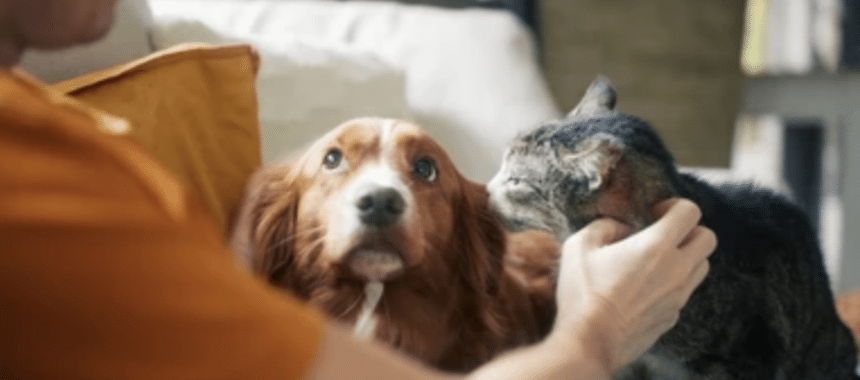Divorce is often an emotional process, and when it comes to dividing pet custody, the stakes can feel incredibly high. As pet custody becomes increasingly common and pets are seen as cherished family members, navigating pet custody during a divorce can be a complex and sensitive issue.
The Legal Status of Pets in Divorce
In Georgia, pets are considered personal property under the law. This means that, in the eyes of the court, a pet is treated like a piece of furniture or a car. You are able to split time with your dog like a custody agreement, or one person may take them.
Factors Courts Consider in Pet Custody
If you find yourself in the unfortunate position of deciding who gets the dog in your divorce, several factors can influence the court’s decision:
- Ownership: The simplest factor is determining who legally owns the pet. If one spouse adopted or purchased the dog before the marriage, that spouse may have a stronger claim to the pet.
- Primary Caregiver: Courts may consider who has been the primary caregiver for the dog. This includes who takes the pet to the vet, buys its food, and takes it for walks. Evidence of who has taken on these responsibilities can significantly impact custody decisions.
- Living Arrangements: The living situation of each spouse post-divorce can also play a role. A spouse who can provide a more stable and suitable environment for the dog may be favored in custody arrangements.
- Best Interests of the Pet: Some jurisdictions may consider the best interests of the pet, similar to how child custody is determined. Factors such as the dog’s temperament, age, and health can be considered in making custody decisions.
- Agreements Between Spouses: If the couple can reach an agreement on pet custody through negotiation or mediation, the court is likely to honor that agreement as long as it serves the pet’s best interests.
Alternatives to Court
Before heading to court over pet custody, couples may want to explore alternative solutions. Here are some options to consider:
– Mediation: A neutral third party can help facilitate a discussion about pet custody, allowing both parties to voice their opinions and come to a mutually agreeable solution.
– Pet Visitation Agreements: Just like child visitation, couples can create a pet visitation schedule to ensure both parties have time with the pet, providing stability for the dog and a way for both spouses to remain involved in its life.
– Co-ownership Arrangements: In some cases, ex-spouses may agree to co-own the pet, sharing responsibilities and costs associated with its care.
Conclusion
Deciding who gets the dog in a divorce can be a difficult and emotional process. While pets are legally treated as property in Georgia, courts are increasingly recognizing the importance of these beloved companions in our lives. It’s essential for pet owners to be prepared and informed about their rights and options when facing a divorce.
If you’re navigating a divorce and need assistance with pet custody or any other family law matters, don’t hesitate to reach out to Platt Family Law and our experienced team. We’re here to help you through this challenging time and ensure that you and your beloved pets receive the care and attention you deserve.
Schedule a consultation with our firm today: 404-255-3434

